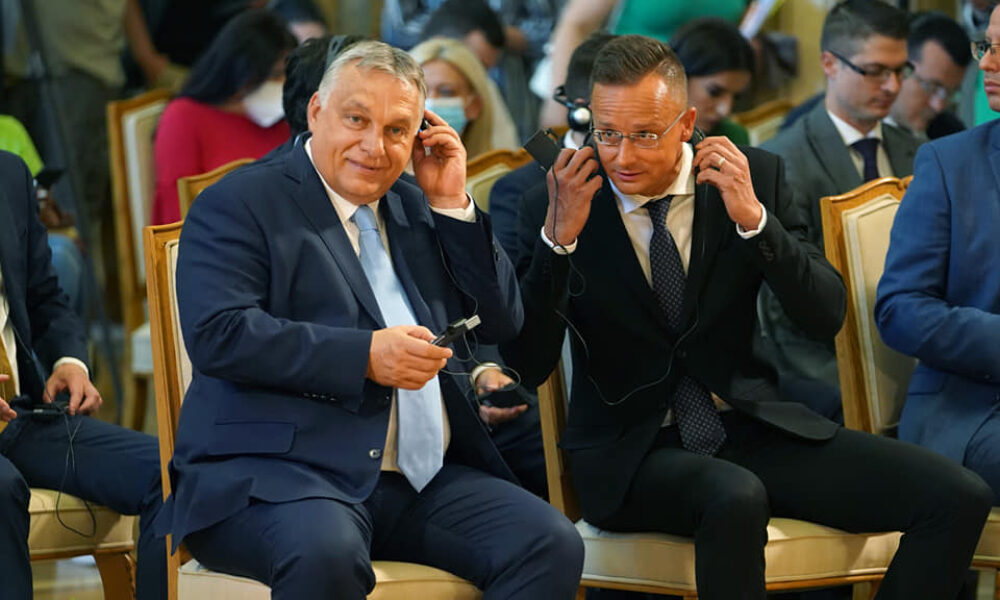The state to close higher education institutions in an accelerated procedure, a committee decided

The state can close non -working higher education institutions under the accelerated procedure – at the proposal of the Council of Ministers after the approval of the parliament, when the Higher School « permanently » does not carry out a learning process. This was decided by the Committee on Education at the National Assembly, which adopted at first reading a bill on amendment to the Higher Education Act, submitted by « There is such a people »
Now the plan is very slow, it could take 10 years, the Minister of Education supported the bill Krasimir Valchev, who joined the meeting. It requires a repetition of accreditation by the National Assessment and Accreditation Agency (NEAA), has a long appeal procedure, judicial control, he added, and assured that the proposed mechanism would help « the system to cleanse the risk factors faster ».
MPs propose parliament to close universities at the request of government
The University of Pernik with a refusal of accreditation
Such was refused, the Commission’s meeting today said the chairman of NEAA Prof. Eliza Stefanova and said that one of the reasons was a legal requirement for a minimum number of teachers (25).
The Accreditation Board made the decision in March and sent the notification to the university on April 3. It was received on the 9th and the 14-day deadline for filing a complaint or objection to have expired without obtaining either. The Minister of Education was also notified.
When does Higher School « permanently » do not carry out a learning process: MPs debate for the closure of universities
Prof. Stefanova thanked the deputies’ proposal and confirmed that the current procedure was slow. Following the refusal of accreditation, there is an 18-month deadline for the higher education institution to comply with the recommendations and it functions through it without being closed. In addition, the refusal decision may be appealed.
Former Minister of Education Academician Nikolay Denkov (« We continue the change – Democratic Bulgaria ») supported the proposal and confirmed that the procedures were too slow, but noted that the bill did not set clear procedures, which risk the court returning certain decisions.
Changes between the two readings
In addition to any possible procedure between the two readings of the bill, another question will be clarified – what does the Higher School « permanently » do not carry out a learning process. The Minister of Education Krasimir Valchev suggested « permanently » to keep in mind a semester.
The word « permanently » implies a decision on personal judgment and the burden of proving it falls on the Ministry of Education and Science, he pointed out and both the importers, in the person of the chairman of the committee Prof. Andrei Chorbanov, as well as other members and guests agreed that the clarification was necessary.
Rectors Support
Support for the closure of non -working higher education institutions in a quick procedure expressed on behalf of the Board of Rectors, lawyer Kalin Kostov. « The public image of Bulgarian higher education should be kept, » he said, and emphasized that this could not happen when there are higher education institutions for diplomas, « let alone the migrant channels ».
The idea of putting order is great, he added, and made recommendations, one of which was to clarify the procedure and who would find the circumstances that lead to a government request for the closure of a higher education institution.
However, he drew attention to the fact that the change in the law is made for a specific case, and this does not always produce a good result. An additional order is created, which will act in parallel with the main one, because it does not work, he finds, and advised to go to the creation of a single path, not parallel.
We support the control functions of the Ministry of Education and Science to be detailed and even expanded, emphasized the lawyer. Kostov.
A single voted against
The strengthening of state control functions in the context of academic autonomy was the motive of Elisaveta Belobradova (« We continue the change – Democratic Bulgaria ») to vote against the only members of the committee.
Government is reducing the admission of students by public procurement at universities
Provoked, the word took Academician Denkov, who stated that she was referring to completely different things.
« The law is very clearly stated that academic autonomy is based on what and how they teach (at universities – white.) And what are the research they can conduct. It is not understood anywhere that the funding (The State of State Universities and the relevant private investors for the private – ed.) He has no right to create control mechanisms, « he said.
Students and trade unions also spoke in favor of the proposed change.







:format(jpeg):fill(f8f8f8,true)/s3/static.nrc.nl/bvhw/wp-content/blogs.dir/114/files/2019/07/roosmalen-marcel-van-online-homepage.png)
